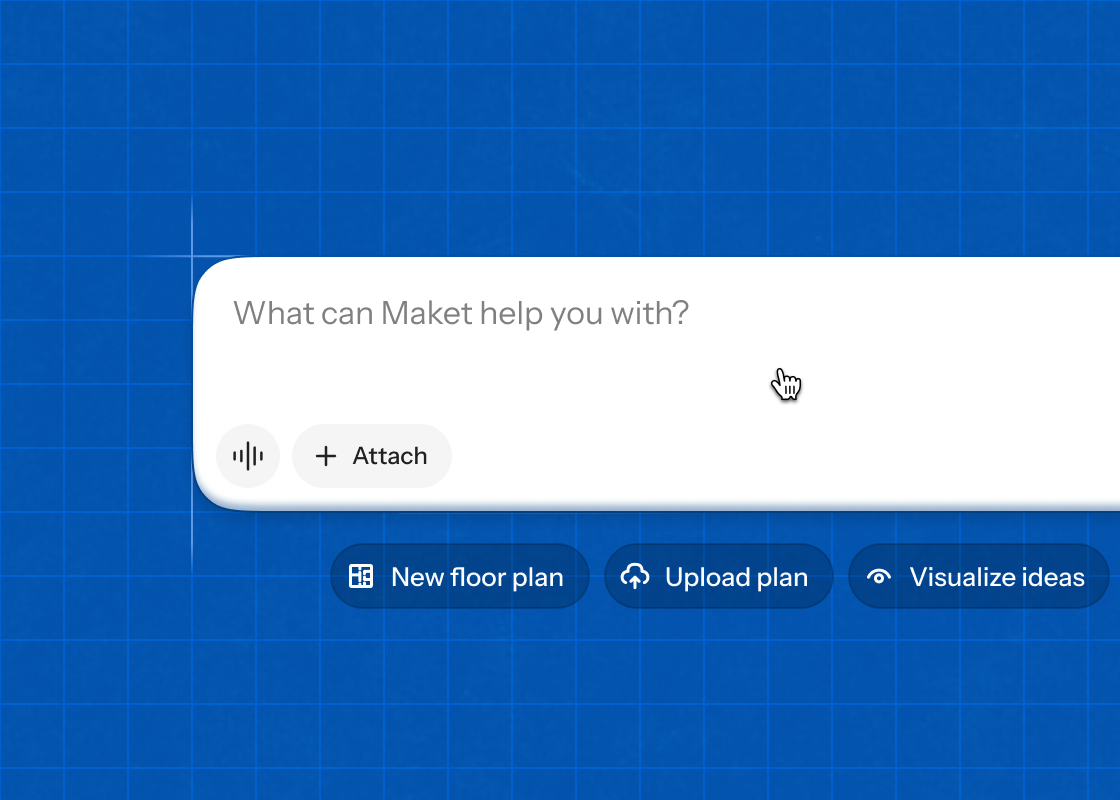
The Benefits of Using Deep Learning in Construction Site Management
Construction sites are complex environments that require a lot of tools and techniques to run smoothly. With the rise of technology, especially artificial intelligence, the construction industry is becoming more interested in innovative solutions that can streamline their processes and make their decision-making easier.
That's where deep learning comes in.
What is Deep Learning?
Deep learning is a subfield of machine learning that's based on artificial neural networks (ANNs). ANNs are inspired by the human brain and are designed to learn from lots of data. Unlike traditional machine learning algorithms, deep learning models can handle complex and non-linear relationships between inputs and outputs, making them great for solving problems like image, speech, and text recognition.
Applications of Deep Learning in Construction Site Management
The construction industry has seen many benefits from the application of deep learning in various areas. One such application is site monitoring and safety management. Deep learning algorithms can monitor the site in real-time, identify potential hazards, and alert workers if there's an emergency, helping to reduce the number of accidents and injuries.
Another application is equipment monitoring and maintenance. Construction sites have a lot of heavy machines and tools that need regular maintenance. Deep learning algorithms can monitor the performance of these machines and predict when they might need maintenance, reducing downtime and increasing efficiency.
Deep learning algorithms can also be used for project scheduling and resource management. Construction projects are complex and require careful planning and resource allocation. Deep learning algorithms can optimize the project schedule and allocate resources efficiently, reducing costs and ensuring timely completion.
Quality control and inspection is another area where deep learning has proven useful. Ensuring the quality of construction work is crucial to the success of a project. Deep learning algorithms can automatically inspect and evaluate the quality of construction work, reducing manual inspections and improving accuracy.
Predictive maintenance is a technique that uses data and machine learning algorithms to predict when a machine might fail and schedule maintenance accordingly. Deep learning algorithms can analyze vast amounts of data from construction equipment and predict when maintenance is required, reducing downtime and increasing efficiency.
Generative AI in Construction Site Management
Generative AI refers to artificial intelligence systems that can generate new and original designs based on specific requirements and constraints. In the context of construction site management, this could mean using AI to design new buildings, structures, or even entire neighbourhoods. The system would start with a set of parameters, such as the size and shape of the building, the materials to be used, and local zoning laws, and then generate a design that meets all of these requirements.
For example, consider a construction company that wants to build a new office building in a specific location. Using generative AI, the company could input the desired size and shape of the building, the materials to be used, and the local zoning laws, and the AI would generate a design that meets all of these requirements. The company could then use this design as a starting point, making tweaks and modifications as needed until they arrive at a final design that meets all of their needs.
By using generative AI, construction companies can speed up the design process and create new designs that are optimized for specific requirements. This could lead to more efficient construction sites, as well as buildings that are better suited to the needs of the people who will be using them.
Challenges and Limitations
Despite its potential, there are still some challenges to be addressed when implementing deep learning in construction site management. One such challenge is data availability and quality. Deep learning algorithms need lots of data to train, and the quality of the data is critical to the accuracy of the models. In the construction industry, data availability and quality can be a challenge, especially for older projects that may not have been digitally recorded.
Integration with existing systems is another challenge. It can be difficult to integrate deep learning models with legacy systems, and the data generated by these models may not be compatible with existing tools and processes. The implementation of deep learning in construction site management also requires specialized expertise and can be expensive, requiring organizations to invest in hiring specialized personnel and developing new tools and processes to make the most of the technology.
Conclusion
Deep learning has the potential to revolutionize the construction industry and bring numerous benefits to construction site management. From site monitoring and safety management to equipment monitoring and maintenance, deep learning is changing the way construction sites operate. The use of generative AI in construction site management can also improve the speed and efficiency of the design process, making it easier to create new designs that meet specific requirements.
As the technology continues to develop and mature, it's up to construction organizations to invest in the tools and expertise required to take full advantage of the benefits of deep learning. With the right support, deep learning can help organizations improve their operations, increase efficiency, enhance safety, and ensure quality on their construction sites.








.png)

